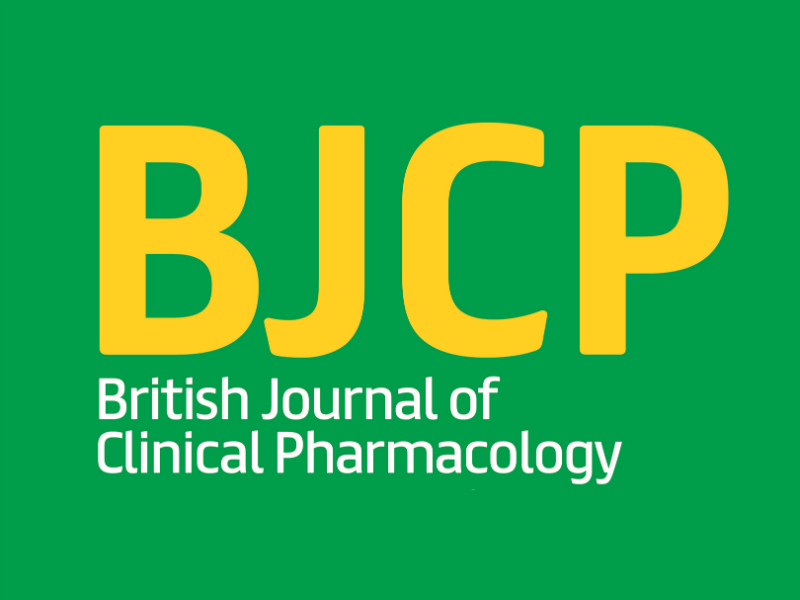
In a study of 1,000 adult patients with unplanned admission to a tertiary hospital in Singapore, the prevalence of adverse drug reactions (ADRs) at the time of admission was 12.4 percent, and the prevalence of ADRs causing admission to the hospital was 8.1 percent.
The most common ADRs were gastrointestinal-related, while the most common drug category causing ADRs were cardiovascular drugs.
Patients with ADRs had a longer length of stay in the hospital than those who did not (median 4 versus 3 days). Some of the ADRs may have been partially predictable based on patients’ genetics.
“This study is important because we have quantified the burden of clinically impactful ADRs in the general adult population in Singapore for the very first time. Furthermore, results of this study provide essential directions to future pharmacogenomic research for reduction of ADR-related hospitalizations in Singapore,” said Professor Alexandre Chan, co–senior author of the British Journal of Clinical Pharmacology study.
Studies based on medical records review in the UK and other countries have reported that the prevalence of hospital admissions caused by ADRs range from 2.3 percent to 21.2 percent, and that a substantial proportion of these ADRs are potentially preventable.
Access the paper.